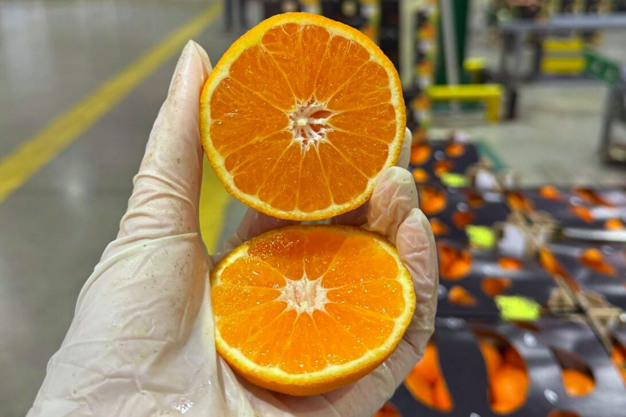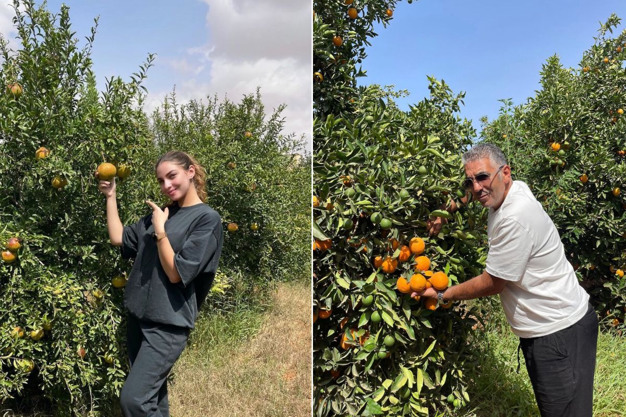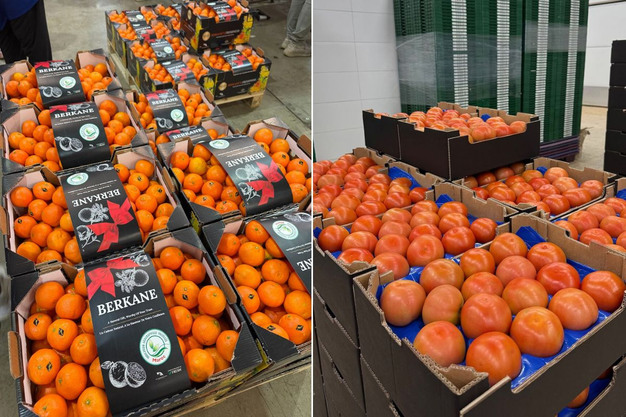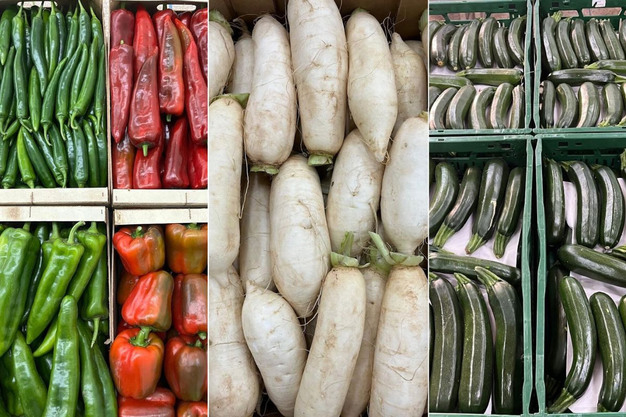The Berkane region in eastern Morocco, one of the country's bastions of citrus production, is among the hardest hit by the persistent drought. The reduction in acreage and shutdown of packing houses has reached dramatic proportions, leading to a drop in overall Moroccan citrus production and exports. However, "the region is poised for an agricultural renaissance, very soon", assures Essaid El Khounchafi, CEO of Atlas Green Generations.

The impasse of persistent drought
El Khounchafi reports on the heavy toll of the drought: "Citrus acreage in Berkane has dropped from 22 ha to 13 ha, with only seven of the region's 17 packing stations currently operational. It's fair to say that the drought has gotten the better of growers, in an agricultural region par excellence. But fortunately, great efforts are underway to overcome this impasse very soon. The region will come back strongly, not only in the citrus industry but also in new crops."
Other citrus industry sources in the region reported a drop in volumes by half compared to a normal season, as well as generally smaller sizes and reduced working hours of packing houses, all contributing to economic stagnation in the agricultural region.

Major infrastructure projects to revive the region
Faced with this situation, the Grand Oriental region can no longer afford to wait for rainfall and must equip itself with the means to grow in a persistent drought, and the model for success comes from the Souss Massa region. El Khounchafi says, "The production model relying on seawater desalination plants has proved effective, provided that the higher cost of water is matched by the choice of retributive crops. Several desalination plants are currently under construction throughout Morocco, and our region will soon be equipped with a desalination plant under construction in Essaidia. We expect the plant to be operational as early as 2027."
"In conjunction with the construction of the desalination plant, work is also underway to elevate the Mohammed V dam which serves the region, massively increasing its water volume. We're looking forward to the forthcoming completion of the works, which will guarantee a return to normal agricultural operations," El Khounchafi continues.
On the logistics front too, exporters are awaiting the launch of the new Nador port. El Khounchafi says, "The West Med port in Nador, which will have nothing to envy the Tangier Med port, will connect us on a global level, to markets in Europe, North America, the Middle East, and Asia. The prospects in terms of logistics facilities are very bright for the agricultural export sector."

Exporters and growers prepare for new business opportunities
"Looking ahead to 2027, when all these infrastructures will be operational, we are also stepping up our efforts to develop new markets. For example, a protocol to supply Moroccan clementines to the Japanese market was signed last year and is already in force this season, with others under negotiation", he continues.
The private sector, stimulated by the new opportunities opening up in the region, is also gearing up for expanding business, according to El Khounchafi. "There are several technical and commercial trials underway to implement new crops. The choice of products is wide, and so far we've only been limited by the water stress that's paralyzing production."
"At Atlas Green Generations, we carried out technical and commercial trials for soft fruit production this year, with successful results. We plan to begin trials for the production of avocados and organic produce next season. These products are in addition to our current portfolio of citrus fruits, including clementines, Nadorcott and Maroc Late varieties, melons and watermelons, pomegranates, and greenhouse-grown vegetables. We therefore have plans to extend our range to cover general fresh produce with year-round production. We have the means to our ambitions, thanks to over 25 years of experience in the industry, an outstanding agricultural location, and soon sufficient water resources and logistical infrastructure."
According to El Khounchafi, exporters can count on a long-established customer base: "Despite the drought, we are currently exporting clementines and other fruit and vegetables to key markets such as Germany, the Netherlands, Russia, France, and North America to name but a few. We supply several supermarket chains with our two brands Berkane Fraicheur and the recently launched Berkane Freshnet. We plan to launch three other brands specializing in the supply of general fresh produce to supermarkets."

Challenges lie ahead
Other challenges stand in the way of the Berkane region's rehabilitation in the agricultural sector. The most predictable challenge is the supply of labor. El Kounchafi comments, "This is a problem that Morocco is beginning to experience seriously. The region's local labor force is attracted by offers of seasonal work in Spain, and we may later talk of competition between Berkane and Huelva to retain the workforce. I think we'll align ourselves, or nearly so, with Spanish wages, even if it's too expensive in Moroccan currency."
"We also need an upgrade to the local infrastructure. If all the packing stations get up and running again, they'll be sufficient for the new export volumes, but there'll certainly be a need to build a sufficient number of cold storage facilities," El Khounchafi concludes.
For more information:
Essaid El Khounchafi
Atlas Green Generations
Tel: +212 661976318
Email: [email protected]
linkedin.com/in/essaid-el-khounchafi-12658115b
